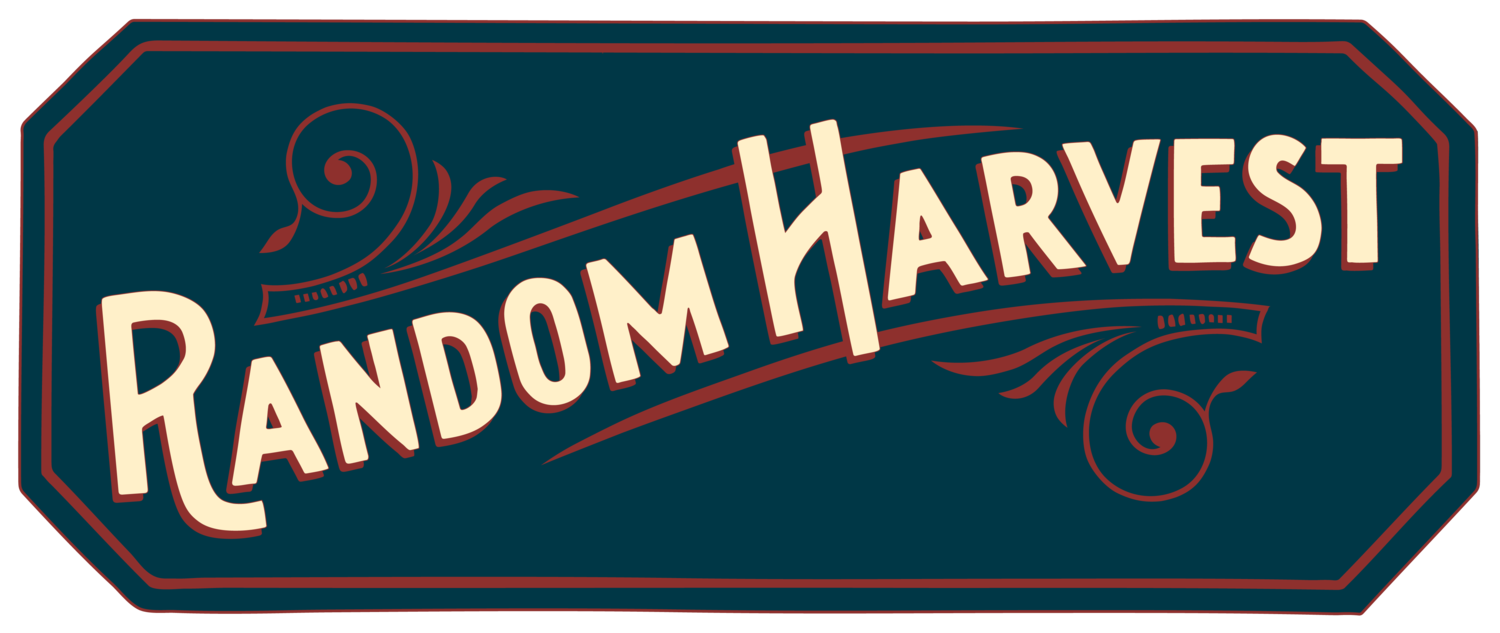There are many decisions that go into starting a new business. Some of these are based purely on financial considerations, but most are based just as much on our beliefs about how things are and our hopes for how things could be. Often, a decision that is good for the business’s bottom line is also just a good decision. Take the decision to form as a Workers Cooperative. At Random Harvest, we thought a lot about different business structures before finally settling on a workers cooperative. We could have simply formed as a sole proprietorship, with one founding member retaining final decision making power. This would have been so simple! Less time could have been spent developing our “collective decision making process” or our bylaws, or purchasing practices, or any number of other collective guidelines. But then all of the smaller, subsequent decisions would have been made based on the ideals of one individual, rather than truly drawing on the wisdom of the group. Or a more inclusive option would have been to form as a partnership, where the founding members work as a team with equal decision making power. But, ultimately, this would have been short sighted. As a workers cooperative, we will be able to take into account the ideas and beliefs not only of the founding members, but of future members too, our business and our vision will be able to evolve as our membership evolves. In addition to this lovely, but rather idealistic rationale, there are other reasons why a workers cooperative is the right choice for Random Harvest.
Marissa & Robin working at the old office this past summer.
Being able to respond quickly to industry changes is critical to a business’s success. Random Harvest is a community market. When people think of markets and cooperatives, they usually think of consumer cooperatives. What is the difference you might ask? In a consumer cooperative, the shoppers are the owners; in a workers cooperative, the employees are the owners. Now that is a very simple explanation for a complex arrangement. In both cases, not all shoppers are owners and not all employees own a stake in the company. People have to go through whatever membership process the co-op sets in place. Two common issues consumer cooperatives run into are: tensions between consumer owners and the co-op’s employees and a slow decision making process. At Random Harvest, as a worker’s cooperative, there will be a smaller number of decision makers, so the business will be able to pivot more quickly in response to industry trends and market changes. Forming as a workers cooperative also puts decision making power into the hands of those most directly affected by the decisions: the employees. Random Harvest is deeply committed to meeting the needs of its customers and plans to do so by paying close attention to what people are buying, by providing excellent customer service, and by listening to what people want to see in the store.
Grocery stores have high rates of staff turnover. By providing a clear path to ownership, Random Harvest aims to lower employee turnover and increase satisfaction. As part owners in the business, workers will have a say in how the business is run. Studies have shown that people who are part of making a decision implement that decision more readily. This is because power matters! When people feel empowered and that their opinions are heard, then even if they disagree with the eventual outcome, they are more likely to stand by it, because they have been given the opportunity both to be heard and to listen to the other side. Training new staff takes a lot of time and effort and reduces overall efficiency. Through shared decision making power, employees of Random Harvest are more invested in their work and more likely to stick around in the long run.
The building pre-renovation.
Worker owners also invest financially in the business through a buy-in, or equity investment, and receive an annual share of the overall profits (or losses) of the business. The buy-in is set high enough that people feel they have skin in the game, but low enough not to be an obstacle. Profit sharing is set up so that workers will never end up owing the company money, but will share in the risks and benefits of owning a business. This helps workers stay in touch with the health of the business in a meaningful way. We all know that money talks and knowing that your job performance affects the health of the business, which in turn affects your profit share, really speaks to people. Profit sharing is different from performance based bonuses in one very important way: power. Studies have shown that providing performance incentives can eventually be demotivating. This is partially attributed to the fact that incentives highlight the imbalance of power in a typical working environment. In contrast, profit sharing is based not on someone else’s assessment of how well you do your job, but on the overall health of the business. This model shifts the power from the hands of one individual, to the entire cooperative.
These are just of few of the reasons why the founding members of Random Harvest chose the worker’s cooperative model. As you can see, the choice was not only in line with the vision and values of its members, but just a good business decision with benefits ranging from increased profitability, increased employee retention and satisfaction, the ability to respond quickly to industry changes, and decisions informed by the wealth of experience of all of Random Harvest’s worker owners.
Sources:
Benanbou, R., Tirole, J.,(2003). Intrinsic and Extrinsic Motivation. Review of Economic Studies 70, 489–520



